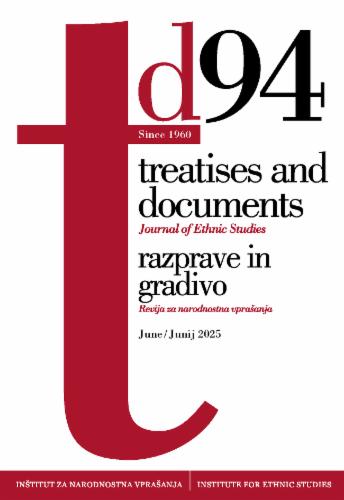Publicado en línea: 30 jun 2025
Páginas: 153 - 182
Recibido: 11 nov 2024
Aceptado: 05 feb 2025
DOI: https://doi.org/10.2478/tdjes-2025-0006
Palabras clave
© 2025 Marlan Negizbayeva et al., published by Sciendo
This work is licensed under the Creative Commons Attribution 4.0 International License.
The relevance of this research is determined by the fact that unsuccessful adaptation can lead to social isolation, unemployment, and other negative consequences, affecting the stability of society. This study aims to analyse the key factors and mechanisms that ensure successful sociocultural, economic, and psychological reintegration in the context of repatriates’ adaptation processes. The total number of respondents was 273 Kazakh repatriates. The sociocultural adaptation of Kazakh repatriates in Kazakh-stan shows several key trends. Mastery of the language of the historical homeland (Kazakh) ranges from medium to high. Attitudes towards traditions are diverse, with more than a third of respondents highlighting the positive influence of traditions on social interaction. While half of the repatriates actively participate in cultural and social activities, challenges arise in balancing traditional values with modern societal norms. As regards economic adaptation, most repatriates successfully secure employment within a short period and develop stable labour relations. The study emphasises the need for targeted support programmes, such as language courses, cultural orientation activities, and psychological counselling, to address the multifaceted challenges of adaptation.
 Perfil de Orcid
Perfil de Orcid